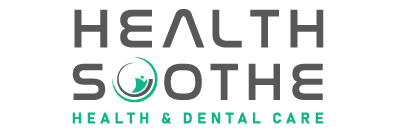Share this post
One of the most known forms of cancer is Esophageal Cancer. It is suffered by fewer than one million people every year. There have been many types of research and studies to find the cure for this disease and we have viewed a great number of successes as well in this field.
Cancer is one of the most deadly diseases to have ever been known. There are various forms of cancer that have been known and are being researched on.
Oesophagal Cancer is basically diagnosed medically with the help of medical tests and imaging. The disease surely is curable and is nothing that one should be afraid of. This form is cancer occurs in the tube that is running between your stomach and the throat.
Anyone older than 14 years of age can suffer this disease but it is more likely to be suffered by the people above the age of forty. It is recommended to take the medication and consultation with an expert as soon as you are encountered with this disease.
Delaying the consultation and action towards it will only end up in worsening the situation.
The causes of Esophageal Cancer
Treatments of Esophageal Cancer
The most commonly known treatments for this are the removal of Esophageal Cancer with the help of surgery. Other alternative methods that can be used include radiation and chemotherapy. These healing methods have proven to be effective and have also provided people hope for living their lives normally. But make sure that the treatment is taken by an expert and is under great supervision. There are a number of medical centres across the world that can easily help you out to overcome a situation like this.
Signs of Esophageal Cancer
- If you face trouble in swallowing, this may really be a sign.
- Unintentional and immediate weight loss can also be a warning sign.
- Immediate chest pains should also be taken seriously.
- Coughing or hoarseness in your throat can also be an indication.
- The worsening state of indigestion is also a major symptom of the Esophageal Cancer
RELATED READINGS

Isreal olabanji a dental assistant and public health professionals and has years of experience in assisting the dentist with all sorts of dental issues.
We regularly post timely and trustworthy medical information and news on Fitness, Dental care, Recipes, Child health, obstetrics, and more.
